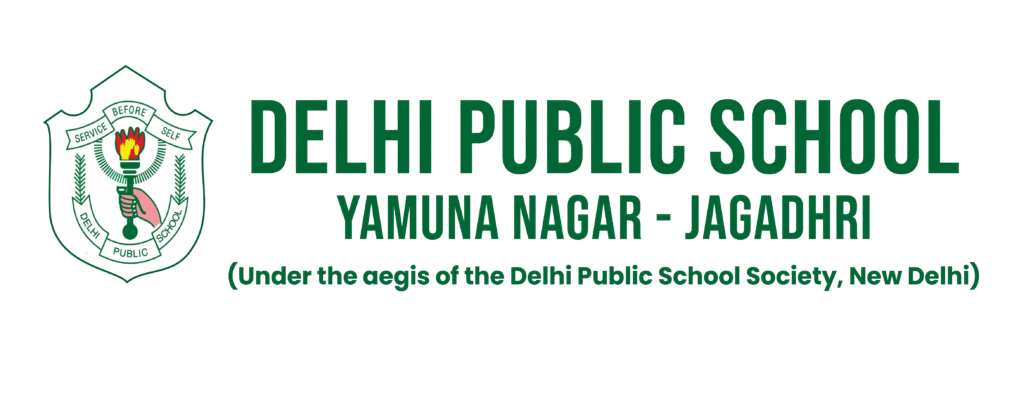Explore Strategies for Test Anxiety and Promoting a Positive Mindset During Exams

Exams are a crucial aspect of academic life, often accompanied by stress and anxiety. For students at DPS Yamunanagar, recognized among the best boarding schools in India, managing test anxiety effectively is essential for maintaining peak performance. Whether you’re enrolled in the best boarding school for boys in India, the best girls boarding school in […]
The Impact of Teacher-Student Relationships on Boarding School Life
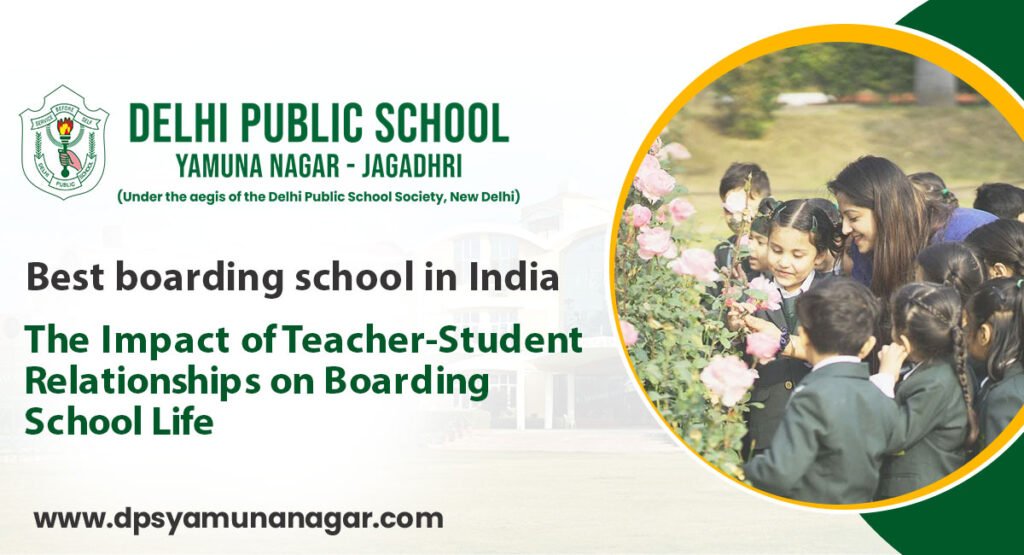
Boarding school life is a unique and formative experience that shapes students’ futures in myriad ways. At the heart of this experience lies the crucial teacher-student relationship. Delhi Public School Yamuna Nagar (DPS Yamuna Nagar), often hailed as the best school in Yamuna Nagar exemplifies the positive impact of strong teacher-student relationships on boarding school […]
Advantages of Solving CBSE Sample Papers for Higher Exam Scores at Boarding Schools
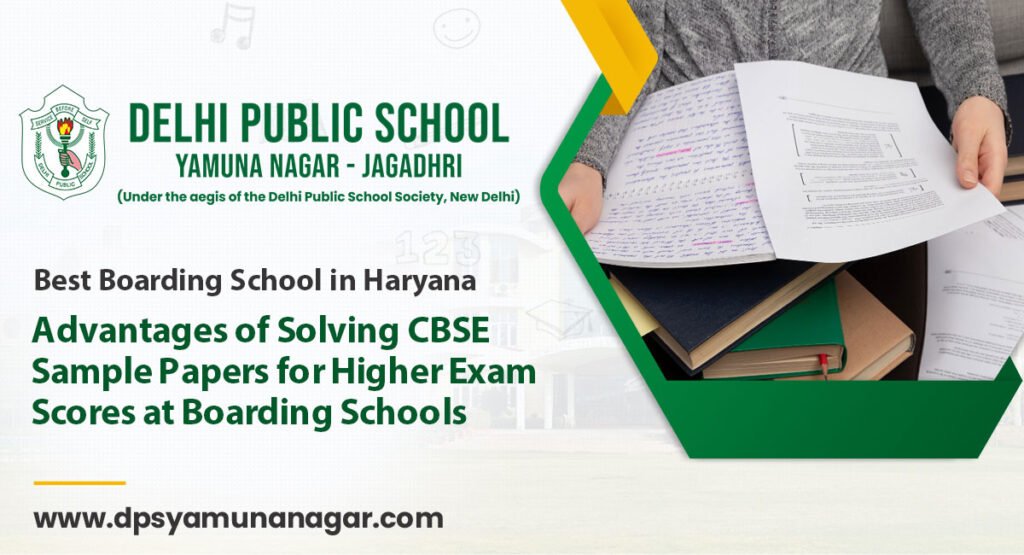
In the realm of academic excellence, the journey towards higher exam scores is paved with thorough preparation and strategic study methods. At Delhi Public School Yamunanagar, recognized as a top residential school in Haryana, we understand the significance of CBSE sample papers in shaping the academic trajectory of our students. We delve into the advantages […]
5 Motives for Students to Participate in Sports at Boarding Schools in India
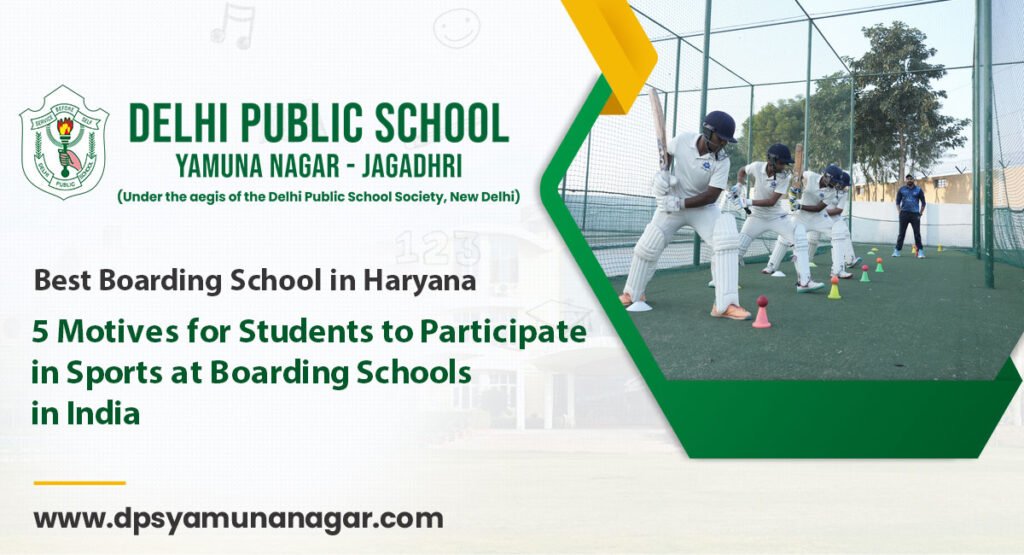
Introduction In the realm of education, boarding schools have long been revered for their holistic approach to nurturing and shaping young minds. Among the myriad of activities offered at these institutions, sports play a pivotal role in fostering physical fitness, mental resilience, and social skills among students. As one of the top boarding schools in […]
How boarding schools are redefining the education ecosystem?

In the bustling city of Chandigarh, parents seeking the best education for their children are turning to boarding schools for a comprehensive and transformative learning experience. The demand for the best CBSE boarding school in Chandigarh has been steadily increasing as families recognize the unique advantages these institutions offer. Benefits of Boarding Schools: Boarding schools […]
How do boarding schools make sure that teenagers have discipline?
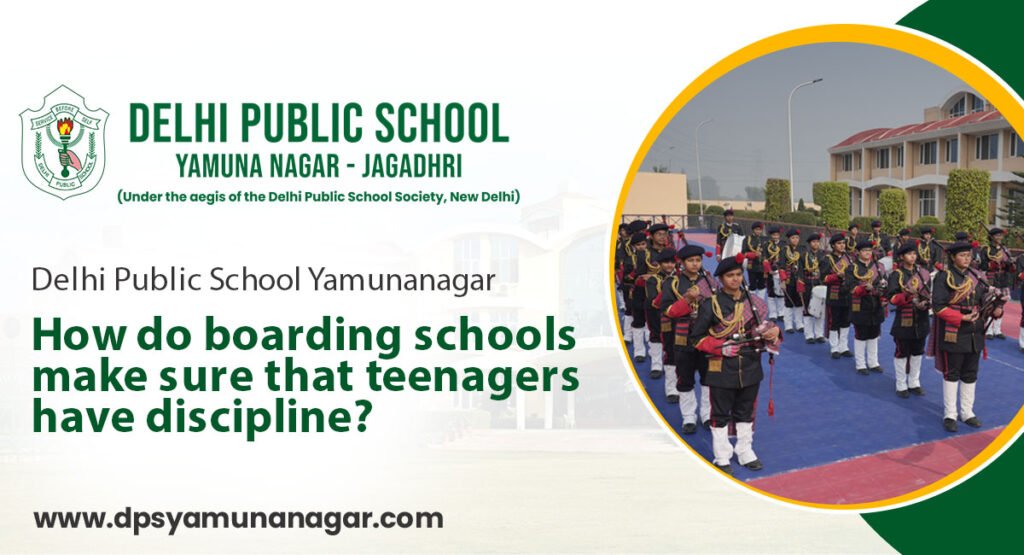
In the realm of education, boarding schools stand out as institutions that not only provide academic excellence but also instill discipline and character in their students. Among these, the best boarding schools in India, especially those affiliated with the Central Board of Secondary Education (CBSE) in North India, have gained recognition for their holistic approach […]
How elements of a digital classroom are simplifying education at residential school in haryana
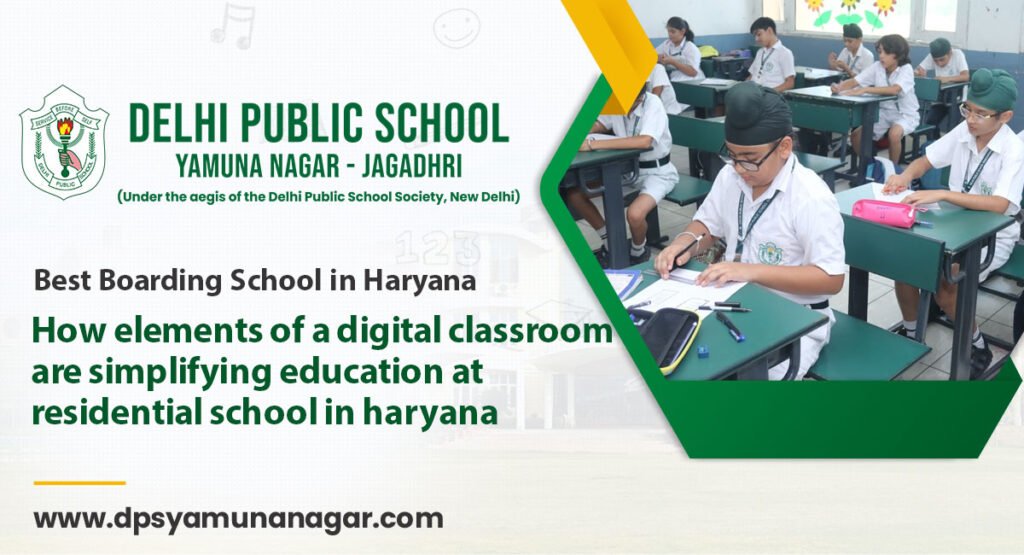
In the heart of Haryana lies Delhi Public School (DPS), a beacon of educational excellence and innovation. As one of the best boarding schools near Chandigarh and a top CBSE boarding school in Haryana, DPS has embraced the digital revolution to transform traditional education. Through the integration of digital elements into the classroom environment, DPS […]
8 Best Revision Techniques for students at india’s boarding schools
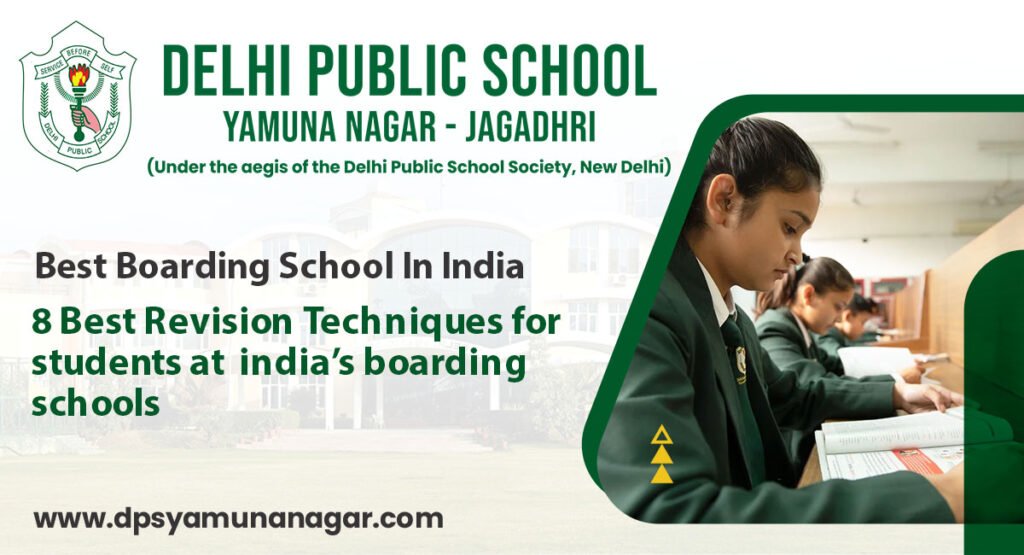
As examination season approaches, students frequently struggle with the task of efficient revision. We’ve put together a list of the top 8 revision strategies to assist them in getting through this crucial stage and improve their exam results.In the realm of education at Boarding schools, success often hinges on effective revision strategies. For students in […]
A Guide To Improve Students Writing Skills at Residential schools
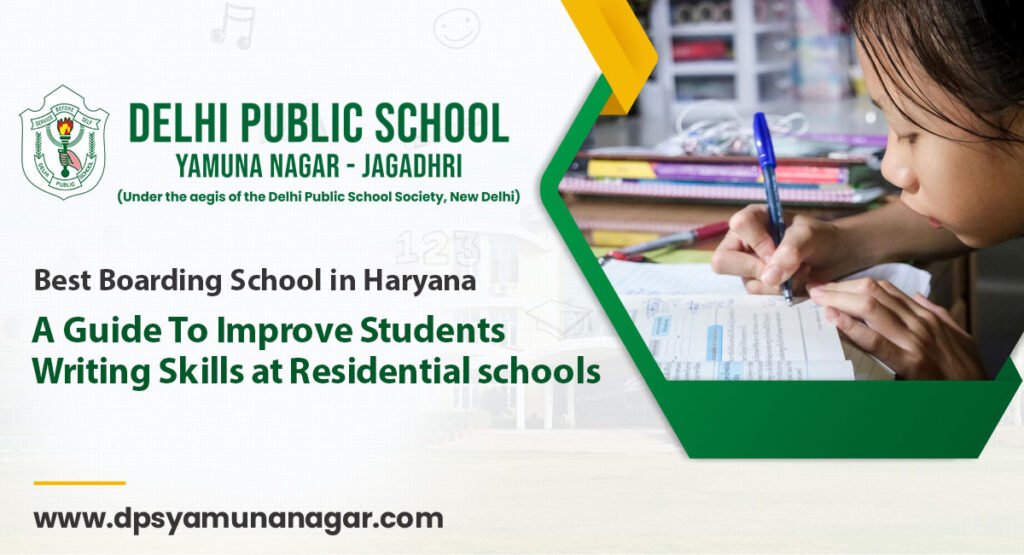
In the realm of education, boarding schools hold a unique position in shaping students’ holistic development. Among them, the top boarding schools in India, particularly those in North India, stand out for their rich academic environment and emphasis on overall growth. One crucial aspect of education that these institutions prioritize is writing skills. Effective writing […]
A Guide to Basic English Conversation Tips For Students At Boarding Schools In India
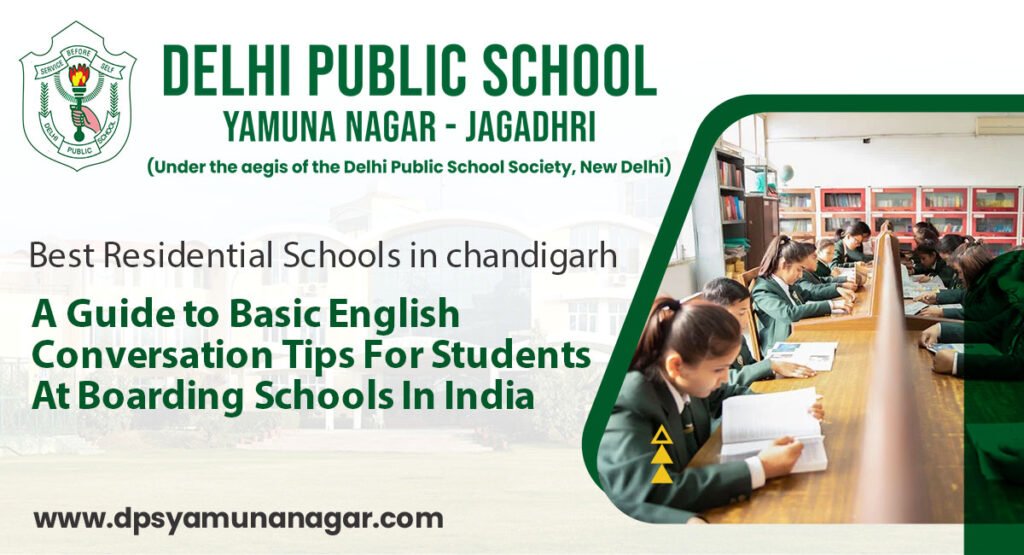
Gaining proficiency in English conversation is essential for those who want to succeed in their academic and professional pursuits. English speakers wishing to improve their conversational abilities and overseas students trying to converse successfully in an English-speaking setting. We will explore important Basic English Conversation Tips for Students at Boarding schools, giving you the skills […]

